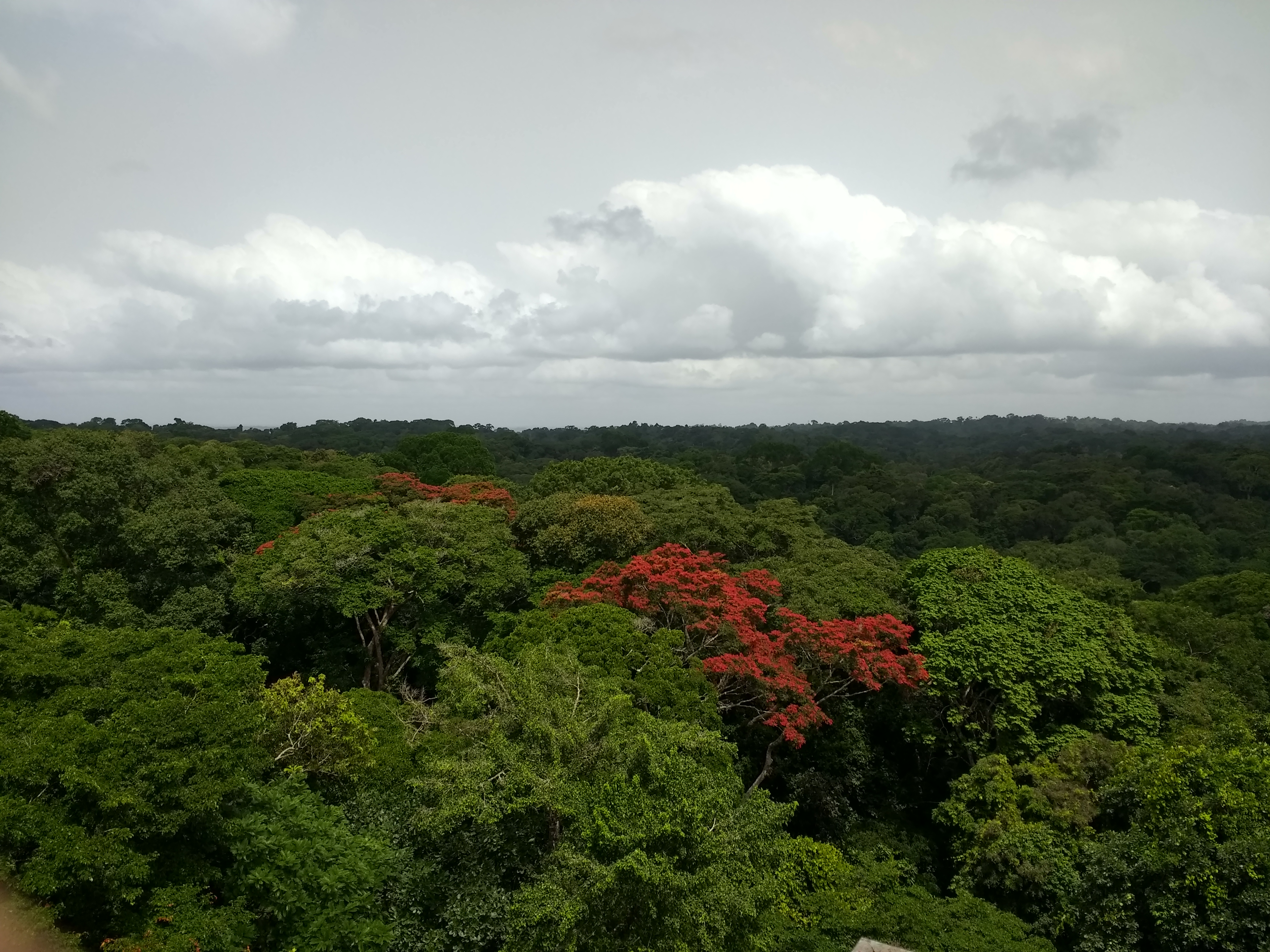I would like to draw your attention to a potential PhD project, entitled "The Ecology of Lightning Strikes: How many Trees in Tropical Forests Killed by Lightning?". Application deadline: 11th May 2018
The project is one of a number of projects that are competing for Exeter Geography PhD funding via GW4+. If you are interested, you can find more information at these websites (Project Details) and for information on the GW4+ doctoral training programme here (GW4+ Info). This PhD project will work closely with our ongoing NERC research project (NERC Project). Please feel free to contact me directly if you want to find out more!
PROJECT BACKGROUND:
Tropical forests are one of the most important and diverse ecosystems on Earth. However, recent research has revealed an increase in the rate of tropic tree mortality, with the consequence that the strength of the carbon sink provided by tropical forests is reducing (Brienen, 2015). It is therefore vital that we understand why tropical trees die.
We know lightning kills trees (Mäkelä, 2009) and is most powerful and frequent in the tropics (Cecil, 2014). Furthermore, with climate change, lightning strikes are likely to get more powerful and frequent. If all the trees struck by lightning died, it would indicate that lightning was a major factor controlling tropical tree mortality rates and an important control on forest dynamics and structure. However, there is no information on lightning induced tree mortality in the tropics.
Working in tropical forests in Ghana, you will help address this huge knowledge gap.
PROJECT AIMS:
In this project, you will join an interdisciplinary group of tropical ecologists, physicists and electrical engineers who have been recently funded to undertake the first ever systematic study into lightning induced tree mortality. The team has developed a novel sensor that allows lightning strikes on trees to be studied for the first time. You will join this team and participate in field campaigns at tropical forest field sites in Ankasa (Ghana).
Your project aims will address the following research questions:
Q1: Which trees are more likely to be struck by lightning?
Q2: Which trees are more likely to survive a lightning strike?
Q3: How does lightning influence the ecology and carbon balance of tropical forests?
PROJECT METHODS:
This PhD involves a substantial amount of field work in Ankasa, Ghana. During your PhD you will be assisting in the installation of sensors and the collection of tree survey data, including allometry, functional traits, soil properties and forest dynamics. This PhD provides the unique opportunity to work with a world-class research team on a genuinely novel research question of global importance and also ample opportunity to develop your own research interests.

